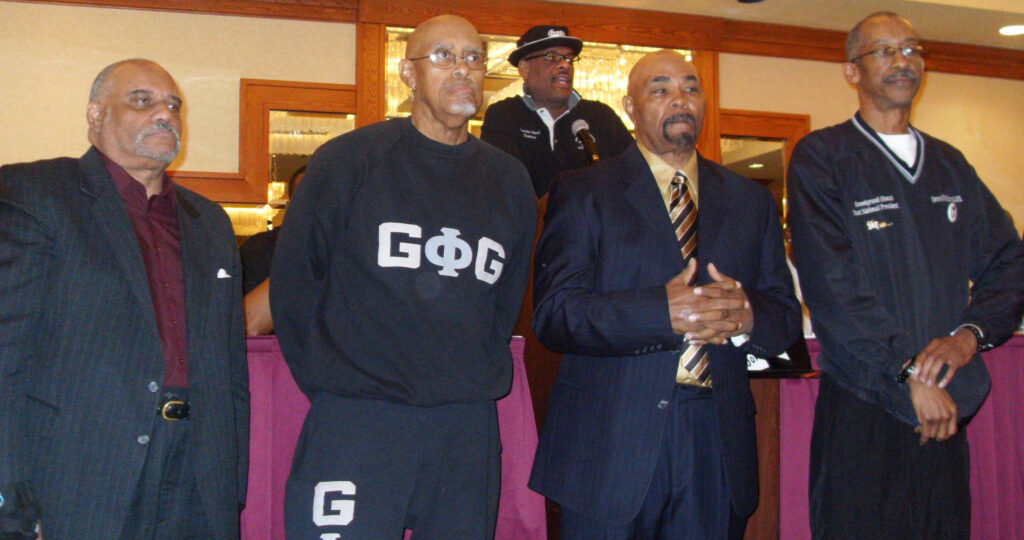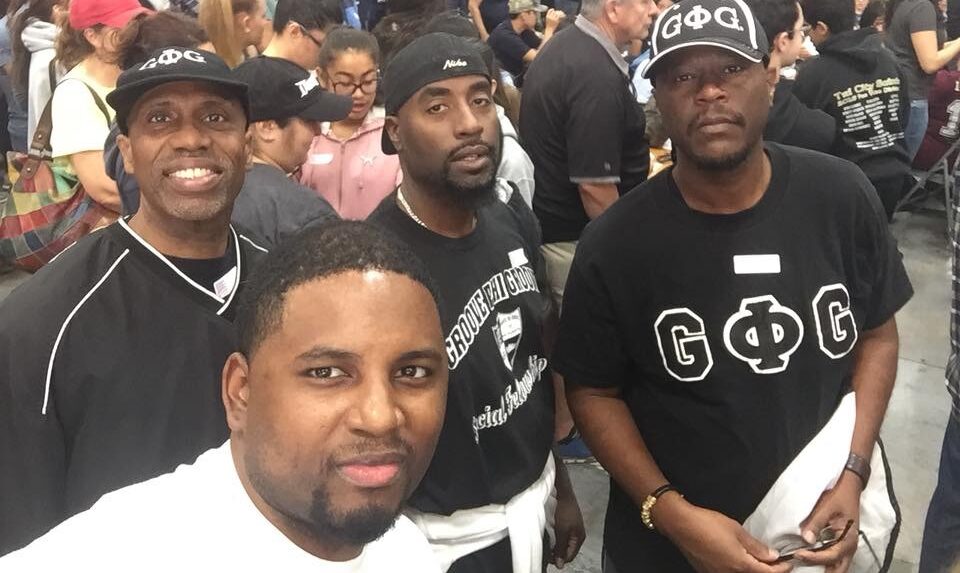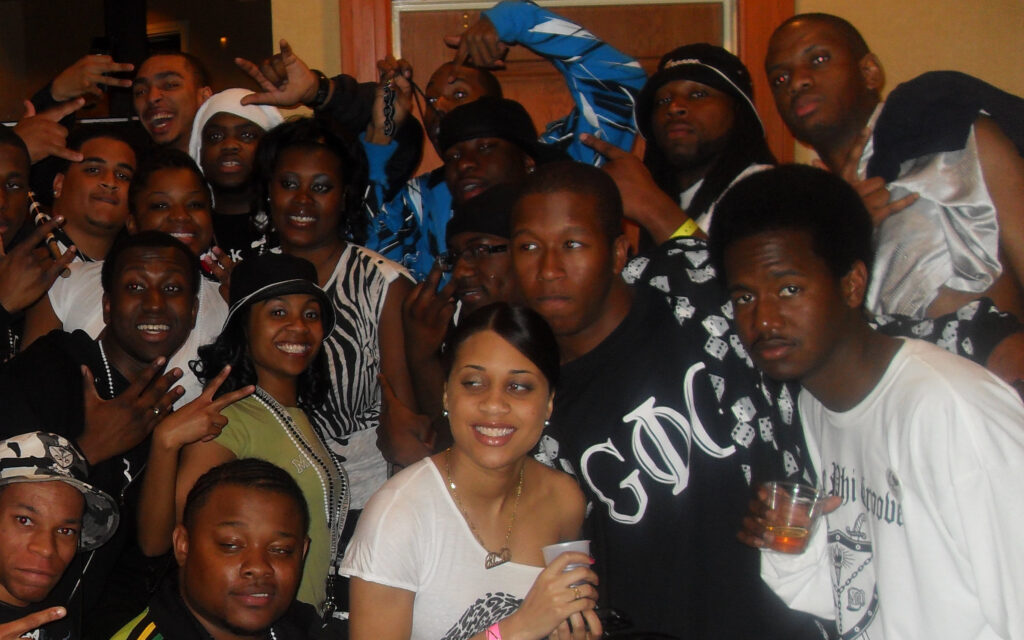Groove Phi Groove Social Fellowship, Inc. was founded at Morgan State College (now Morgan State University) on October 12, 1962 by fourteen daring, young, black American men who wanted to change the way we think about brotherhood.
Our founders established the Fellowship with the purposes of promoting academic awareness, ethical standards, and unity among men in undergraduate and graduate college programs; creating intelligent and effective leadership; and studying and helping to alleviate the social and economic problems of society to generally improve the world.Little did our founders know in 1962 that the fruits of their efforts at Morgan State College would evolve into a thriving movement that continues to play an important role in developing and nurturing what we know as Black America.
The Fellowship currently has thousands of members and dozens of graduate and undergraduate chapters across the United States. Our members work in a wide variety of career areas, including accounting, education, engineering, human resource services, local and state government, medicine, law, protective services, information technology, religion, real estate, food service, skilled crafts, music, professional sports, the armed services, and business.
In support of its purposes, the Fellowship’s affiliate chapters and members are encouraged to actively support the programs identified in our National Community Service Manual and the Groove Fund, Inc., the charitable arm of Groove Phi Groove.
To better serve our communities, the men of Groove Phi Groove Social Fellowship, Inc. have pledged to support endeavors that project positive images of black American men and help to move us forward. This is an increasingly important challenge, as many people tend to focus on only the negative elements. We don’t want to lose sight of those achievements that required the anguish, blood, and lives of the many black Americans who were essential in building this nation. The men of Groove Phi Groove have accepted the challenge and recognize that our future success depends on our ability to serve as positive role models who will instill positive moral values in both our own children and those young, black American boys and men who may not have positive male influences in their lives.




